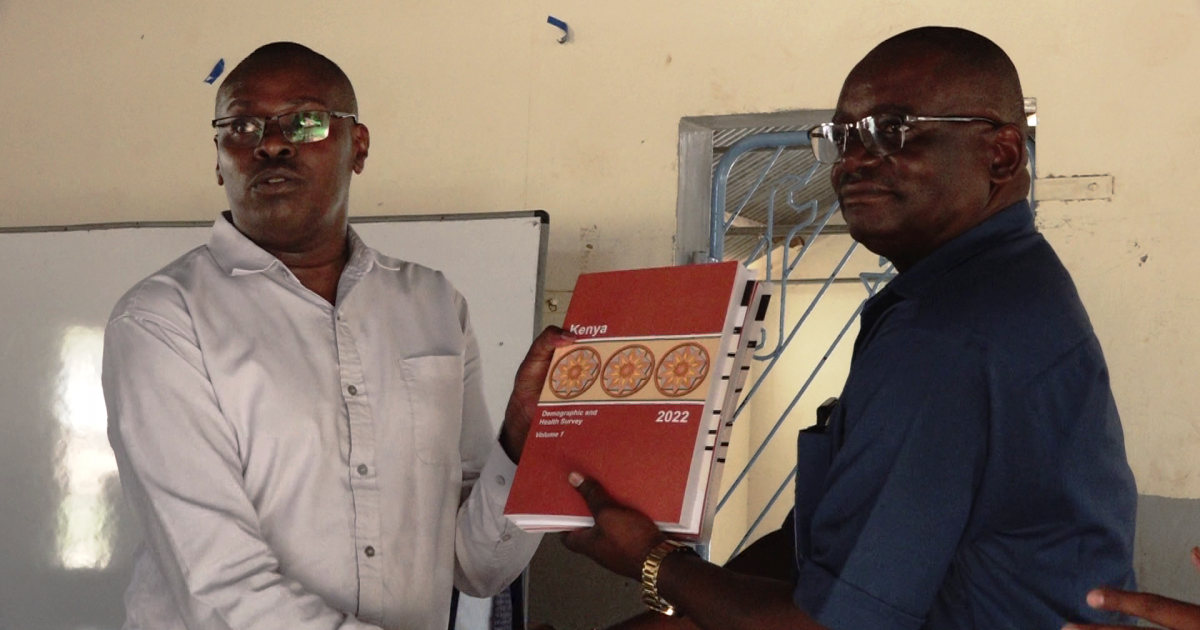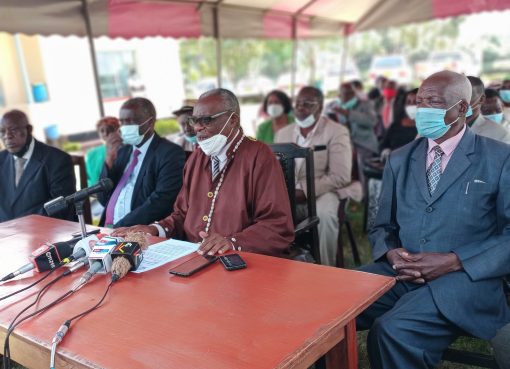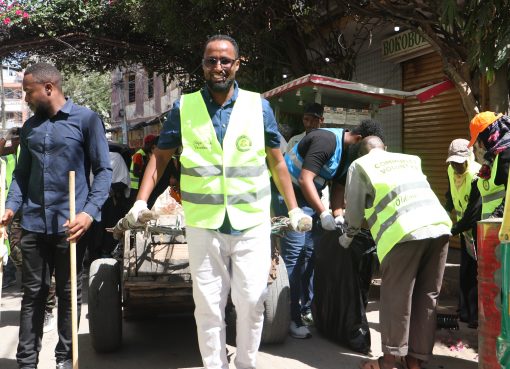Cases of teenage pregnancies among girls aged 15-19 in Turkana County are 19 percent which is above the 15 percent recorded countrywide, according to the latest Kenya Demographic and Health Survey.
The KDHS 2022 survey findings which were disseminated on Tuesday in Lodwar also indicated that the fertility rate for women in the county is higher than the rest of the national average.
‘On average one woman delivers six children in Turkana County which is above the average of three children recorded nationally,’ said Peter Wanjohi an officer from Kenya National Bureau of Statistics.
Speaking during the meeting, county commissioner Jacob Ouma said the trend was unacceptable and warned against abuse of the girl child.
‘This reckless behavior of impregnating young girls is tantamount to causing them to shoulder burdens that are not theirs, the girls should be left alone to pursue their education,’ said Ouma.
The use of modern methods of family planning among married women aged 15-49 was also lower at 31 percent against 57 percent nationally.
However, the unmet need for family planning among married women in the same age bracket (15-49) was slightly higher than the national average at 16 percent against 14 percent nationally.
‘Demand for family planning satisfied by modern methods of women age 15-49 was 55 percent in Turkana County against 75 percent in the country,’ states the survey.
With regards to gender-based violence women aged 15-49 percent who have experienced sexual violence were 11 percent in the county against 13 percent in Kenya.
Women who have experienced physical violence since age 15 were 42 percent compared to 34 percent nationally.
County Chief Officer for Economic Planning Samuel Ekitela said the survey findings would help in planning, monitoring, and evaluation of various programs and policies of the county.
County statistics officer Reuben Muinzi said his office was ready to work with all stakeholders to ensure they have the requisite information for their planning.
The county commissioner on his part said the findings would also help development partners to identify areas that needed intervention.
‘We don’t want a situation where partners come with the imagined issues that they are trying to solve yet they have data that can guide them in addressing the concerns of the wananchi,’ he said.
By Peter Gitonga





